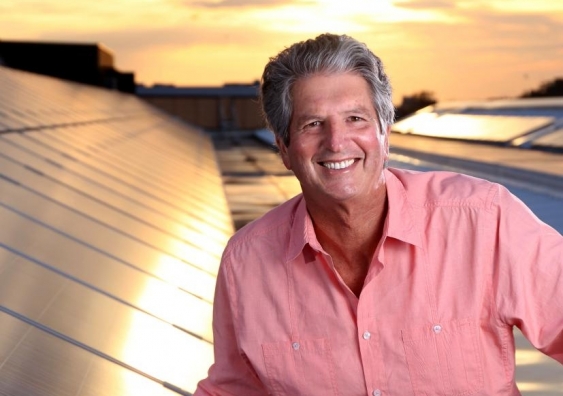Don’t wipe out solar research in Australia, top scientists urge
Leading scientists have called on both major political parties not to ‘unintentionally kill’ solar cell research in Australia by cutting off grant funding from the Australian Renewable Energy Agency.



